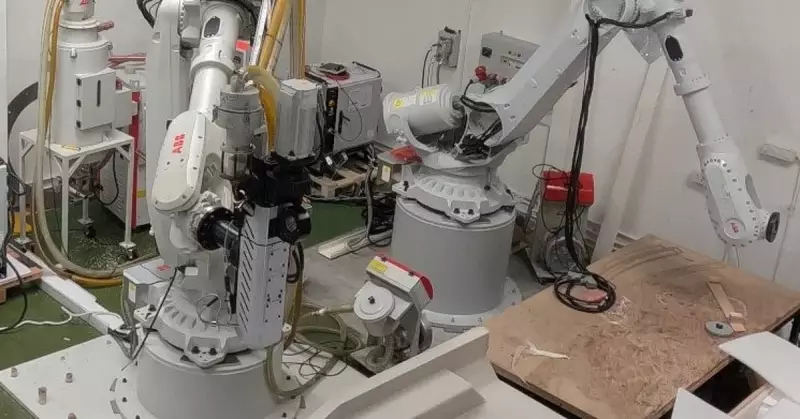
In a groundbreaking development that could transform multiple industries, researchers at the Indian Institute of Science (IISc) in Bengaluru have pioneered an innovative artificial intelligence-driven approach to significantly enhance the durability and strength of polymer materials.
The Science Behind the Innovation
The research team, led by brilliant minds at one of India's premier scientific institutions, has created a sophisticated computational method that predicts how nanoparticles can be optimally arranged within polymer matrices. This isn't just theoretical science – it has immediate practical applications that could benefit millions.
What makes this technology revolutionary? Traditional methods of strengthening polymers have largely relied on trial and error, often resulting in inconsistent quality and performance. The IISc approach uses advanced algorithms to precisely determine the ideal distribution and orientation of reinforcing nanoparticles within the polymer structure.
Real-World Impact Across Industries
The implications of this research are far-reaching and particularly significant for India's substantial fishing and automotive sectors:
- Fishing Industry Transformation: Fishing nets reinforced using this technology could last significantly longer, resist harsh marine conditions better, and reduce the frequency of replacements – a crucial economic factor for fishing communities.
- Automotive Safety Enhancement: Automotive components made with these strengthened polymers would offer improved crash resistance, lighter weight, and longer service life, potentially making vehicles safer and more fuel-efficient.
- Manufacturing Efficiency: The AI-driven approach eliminates much of the guesswork in materials development, potentially reducing research and development timelines from years to months.
Why This Matters for India
This innovation represents exactly the type of homegrown technological solution that can address specific Indian challenges while having global relevance. The fishing industry, which employs over 15 million Indians, could see substantial benefits from more durable equipment that withstands the challenging conditions of both inland and deep-sea fishing.
Similarly, India's rapidly growing automotive sector could leverage this technology to produce higher-quality components domestically, reducing import dependence and enhancing the 'Make in India' initiative in advanced manufacturing.
The research demonstrates how cutting-edge artificial intelligence applications are moving beyond digital spaces into tangible, physical world improvements that can directly impact everyday lives and livelihoods.
The Future of Materials Science
While the current focus has been on fishing nets and automotive parts, the underlying technology has potential applications across numerous other sectors. The same principles could be applied to develop stronger medical devices, more durable construction materials, and enhanced sporting equipment.
This IISc breakthrough positions India at the forefront of the next wave of materials science innovation, where artificial intelligence and nanotechnology converge to create smarter, more sustainable materials for the future.






